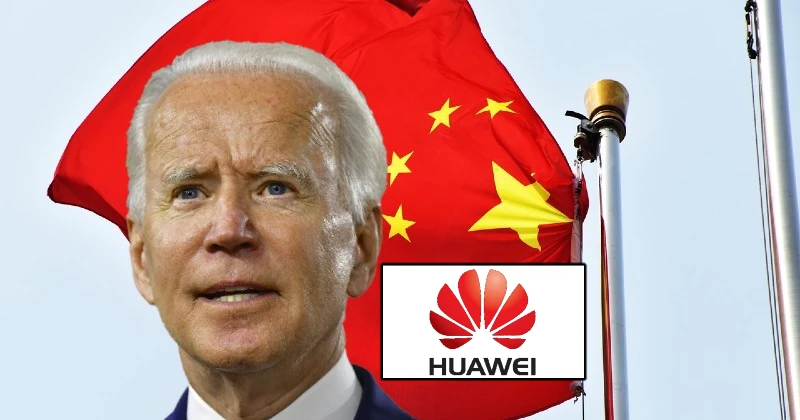This week, U.S. Sen. Marco Rubio, R-Fla., called on the Biden administration to take legal action against ZTE, a Chinese tech company with ties to that nation’s regime.
Rubio wrote U.S. Commerce Sec. Gina Raimondo and U.S. Attorney General Merrick Garland on the matter.
“ZTE has faced repeated legal repercussions for violating U.S. trade sanctions, and its telecommunications products are banned through the enactment of Rubio’s Secure Equipment Act (P.L. 117-55). The letter follows a recent U.S District Court decision that signaled the end of ZTE’s probationary period. The probation, which stemmed from a 2017 ruling that convicted ZTE of conspiring to send sensitive American tech to Iran and North Korea, has ended in spite of credible evidence of its continued wrongdoing,” Rubio’s office noted.
“While assessing ZTE’s behavior across its probationary period, U.S. District Judge Ed Kinkeade appeared unconvinced of any serious commitment to reform, noting that the company’s ‘record of compliance can be summarized in one word – ‘sometimes.’’ Given that the decision effectively marks the end of ZTE’s five-year probationary period, the net result is that a firm explicitly identified by the Federal Communications Commission as a national security threat is today rewarded with relaxed oversight, despite its acknowledged non-compliance,” Rubio wrote. “Therefore, I request that the Departments of Commerce and Justice take all appropriate measures against ZTE to ensure it cannot pose a threat to Americans, including adding the company to the Bureau of Industry and Security’s Entity List or pursuing potential criminal or civil penalties.”
Back in November, President Joe Biden signed Rubio’s “Secure Equipment Act” into law. Rubio got the bill through the U.S. Senate without opposition at the end of October.
At the end of May, Rubio brought out the “Secure Equipment Act.” The bill would have the Federal Communications Commission (FCC) “clarify that it will no longer review, or approve, applications from companies on the Commission’s ‘Covered List’” and “prevent further integration and sales of Huawei, ZTE, Hytera, Hikvision, and Dahua – all Chinese state-backed or directed firms – in the U.S. regardless of whether federal funds are involved.”
U.S. Sen. Ed Markey, D-Mass., was the main co-sponsor in the Senate. Over in the U.S. House, U.S. House Minority Whip Steve Scalise, R-La., and U.S. Rep. Anna Eshoo, D-Calif., championed the proposal.
The House passed the bill on a 420-4 back in October. U.S. Reps. Sean Casten, D-Ill., Veronica Escobar, D-Tex., Sylvia Garcia, D-Tex., and Thomas Massie, R-Ky., voted against the proposal. Seven members of the House did not vote. Every member of the Florida delegation backed the bill.














